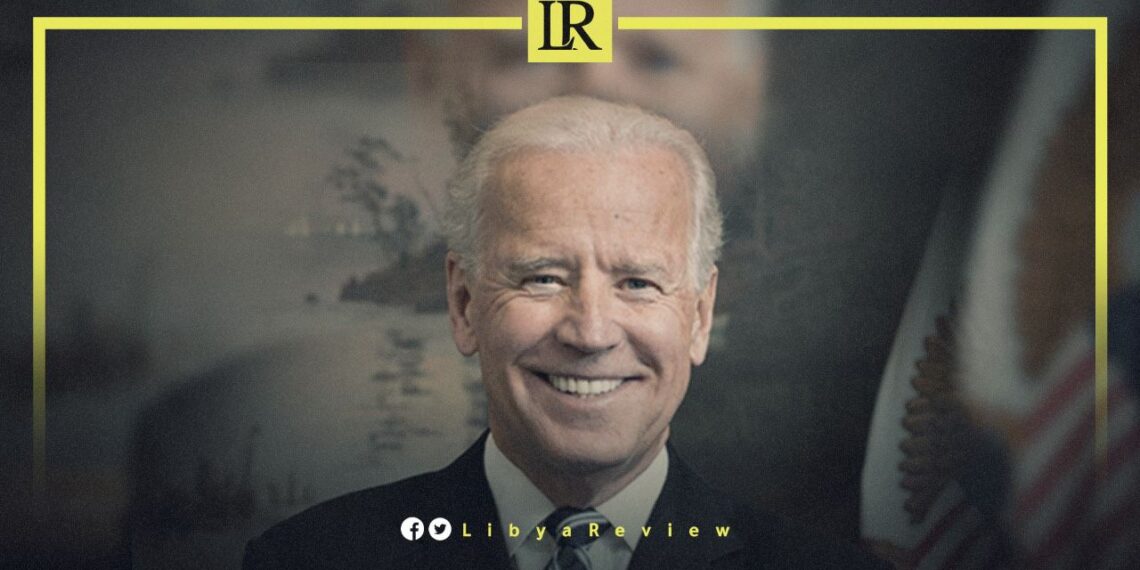The United States (US) administration has unveiled plans to restore the US diplomatic presence in Libya after more than a decade of unrest.
This decision, as disclosed to Al-Monitor newspaper by a senior State Department official, reflects a broader reassessment of US foreign policy. This occurred in the wake of significant geopolitical shifts, including Russia’s evolving strategy in Africa following changes in the leadership of the influential Wagner Group.
The initiative to re-establish a diplomatic mission in Libya comes amid recognition of the limitations imposed by remote diplomacy. This, while necessary during periods of instability, has curtailed the ability of American diplomats to effectively monitor on-the-ground developments, forge essential relationships with local stakeholders. It also directly influences the trajectory of Libya’s complex political landscape.
The US has been without an Embassy in Libya since its personnel withdrew under heavy military escort in 2014 amid the budding civil war. American diplomats relocated to Malta and later Tunisia, where they now form a remote mission known as the Libya External Office.
The US President Joe Biden administration’s budget request for fiscal year 2025 seeks $57.2 million to fund a more robust diplomatic presence in Libya. This includes property costs, travel, equipment, and security at its facility located in the western suburbs of Tripoli.
The US facility will not be a formal Embassy, at least not for the foreseeable future. The Tunis-based diplomats assigned to Libya will instead use it to make more frequent and longer trips to the country.
“There is no substitute for persistent on-the-ground engagement with Libyan actors,” a senior State Department official said, speaking on condition of anonymity to discuss the arrangements.
“We have taken the time to really undertake the diligent planning for this important milestone,” the senior official said. “It’s a very complicated undertaking to resume operations in a suspended post.”
Libya plunged into chaos with the NATO-backed uprising that overthrew and killed longtime dictator Moammar Gadhafi in 2011. A full-blown civil war erupted several years later between the Tripoli-based Government of National Accord and the Libyan National Army (LNA), commanded by Field Marshal Khalifa Haftar in the East.
Since brokering a cease-fire between the warring sides in October 2020, the United Nations (UN) has tried repeatedly to hold nationwide elections. The polls were originally planned for December 2021 but were called off at the last minute amid disputes over who was eligible to run.
Despite the political impasse, improved security conditions have led several US partners to reopen their embassies in recent years, including Italy in 2017, France in 2021, and the United Kingdom (UK) in 2022.
However, for the US, raising its flag in Libya risks becoming a partisan issue. The September 2012 attack on the US mission in Benghazi that killed Ambassador Chris Stevens and three other Americans brought increased scrutiny of US diplomatic outposts. It spawned one of the costliest and most partisan congressional investigations in history.
Today, most of the Republican lawmakers who were members of the House Select Committee on Benghazi, such as Trey Gowdy and Mike Pompeo, are out of office. However, Benghazi still colors the views of some Republicans, said another US official familiar with the current discussions over a renewed diplomatic presence. Their engagement with the State Department in Libya is “almost always antagonistic and oppositional,” the official said.
The State Department stresses that its embassy operation plan, which is two years in the making, has “clearly defined safeguards” to ensure diplomatic work is conducted “safely and effectively.”
“We are mindful of the history,” the senior State Department official said. “We in no way have rushed this.”
The department has briefed and closely coordinated with relevant congressional committees on the logistical and security arrangements at Palm City, a gated luxury community in Tripoli’s Janzour neighbourhood where the US is currently renting property. The sprawling complex also hosts a mix of oil and gas companies, nongovernmental organizations, and other foreign missions, including those of the European Union and the UN.


